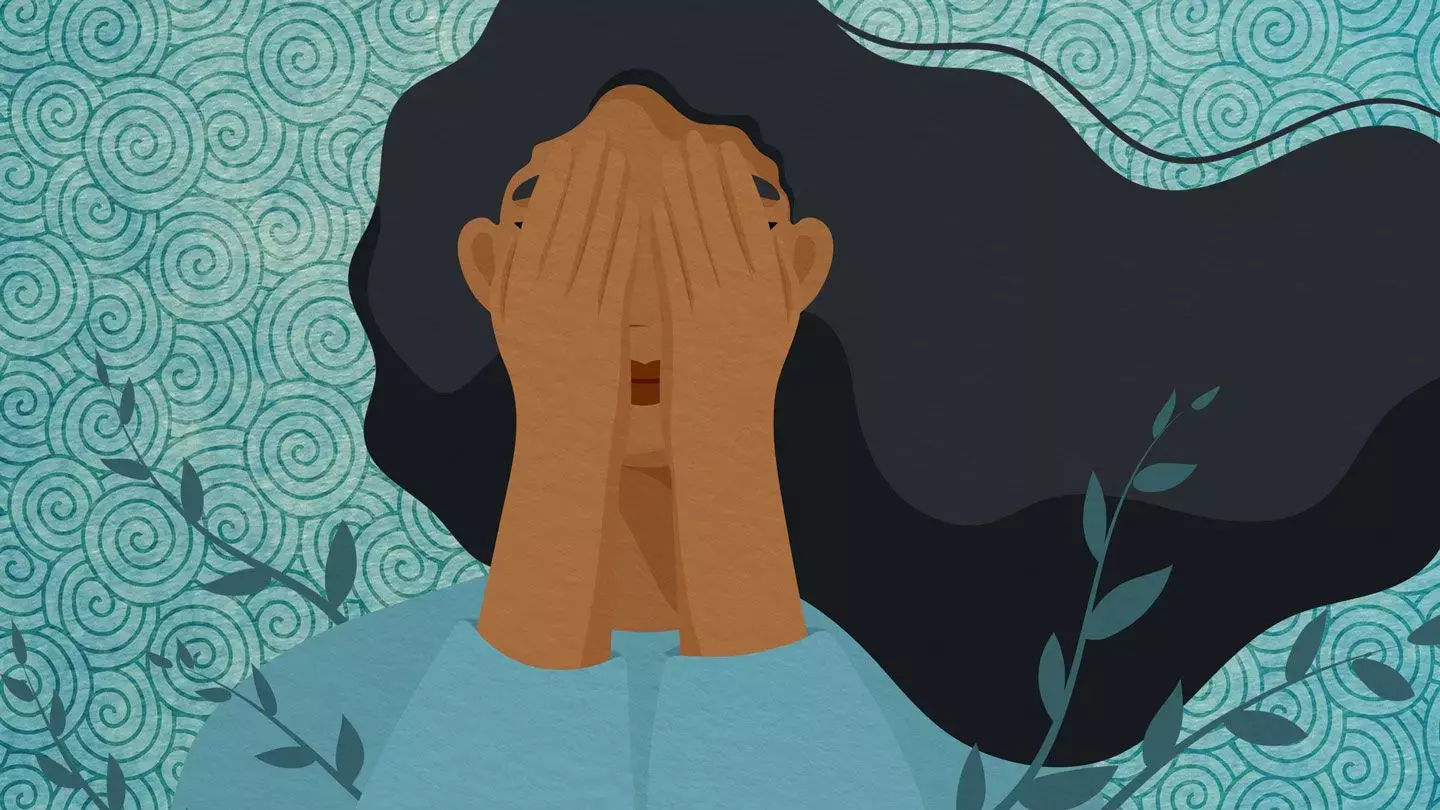- Home
- Medical news & Guidelines
- Anesthesiology
- Cardiology and CTVS
- Critical Care
- Dentistry
- Dermatology
- Diabetes and Endocrinology
- ENT
- Gastroenterology
- Medicine
- Nephrology
- Neurology
- Obstretics-Gynaecology
- Oncology
- Ophthalmology
- Orthopaedics
- Pediatrics-Neonatology
- Psychiatry
- Pulmonology
- Radiology
- Surgery
- Urology
- Laboratory Medicine
- Diet
- Nursing
- Paramedical
- Physiotherapy
- Health news
- Fact Check
- Bone Health Fact Check
- Brain Health Fact Check
- Cancer Related Fact Check
- Child Care Fact Check
- Dental and oral health fact check
- Diabetes and metabolic health fact check
- Diet and Nutrition Fact Check
- Eye and ENT Care Fact Check
- Fitness fact check
- Gut health fact check
- Heart health fact check
- Kidney health fact check
- Medical education fact check
- Men's health fact check
- Respiratory fact check
- Skin and hair care fact check
- Vaccine and Immunization fact check
- Women's health fact check
- AYUSH
- State News
- Andaman and Nicobar Islands
- Andhra Pradesh
- Arunachal Pradesh
- Assam
- Bihar
- Chandigarh
- Chattisgarh
- Dadra and Nagar Haveli
- Daman and Diu
- Delhi
- Goa
- Gujarat
- Haryana
- Himachal Pradesh
- Jammu & Kashmir
- Jharkhand
- Karnataka
- Kerala
- Ladakh
- Lakshadweep
- Madhya Pradesh
- Maharashtra
- Manipur
- Meghalaya
- Mizoram
- Nagaland
- Odisha
- Puducherry
- Punjab
- Rajasthan
- Sikkim
- Tamil Nadu
- Telangana
- Tripura
- Uttar Pradesh
- Uttrakhand
- West Bengal
- Medical Education
- Industry
Second-generation antiandrogens tied with increased risk of depression in Prostate cancer: Study

Patients with prostate cancer who received antiandrogens (AAs) have a large and clinically significant increased risk of depression, reports a study published in the JAMA Network Open.
Previous studies have shown a consistent association between hormone therapy (HT), such as androgen deprivation therapy, to treat prostate cancer and depression risk. However, the association between second-generation antiandrogens (AAs) and depression is unknown.
A group of researchers conducted a study to test the a priori hypothesis that second-generation AAs are associated with an increased risk of depression, including compared with traditional forms of HT.
This retrospective cohort study analyzed patients aged 66 years and older who were diagnosed with prostate cancer without second cancer in 12 months from January 2011 to December 2015. Patients with continuous Medicare Parts A, B, and D coverage were included. Individuals who received any form of HT prior to prostate cancer diagnosis and those previously diagnosed with depression were excluded. Data were collected from the Surveillance, Epidemiology, and End Results–Medicare and Texas Cancer Registry–Medicare linked databases. Data were analyzed from February to May 2021.
The following treatment groups were compared: (1) no HT group, (2) traditional HT group (HT without second-generation AA exposure), and (3) second-generation AA group. Risk of depression in the second-generation AA group compared with the no HT and traditional HT groups, determined prior to data collection, stratified by diagnosis stage.
The Results of the study are:
Of 210 804 patients diagnosed with prostate cancer during the study window, 30 069 men (11 484 [38%] aged 66-70 years; 22 594 [75%] White) who met inclusion criteria were identified. Overall, 17 710 (59%) received no HT, 11 311 (38%) received traditional HT only, and 1048 (3%) received a second-generation AA. Those receiving a second-generation AA were more likely to be older (aged ≥81 years: second-generation AA group, 246 [24%]; traditional HT group, 1997 [18%]; no HT group, 1173 [7%]) and present with advanced disease (eg, distant disease: second-generation AA group, 562 [24%]; traditional HT group, 876 [8%]; no HT group, 129 [0.7%]). Multivariable Cox proportional hazards analysis showed that the second-generation AA group had an increased risk of depression compared with the no HT group (hazard ratio [HR], 2.15; 95% CI, 1.79-2.59; P < .001) and the traditional HT group (HR, 2.26; 95% CI, 1.88-2.73; P < .001), including specifically among those with metastatic disease at diagnosis (HR, 2.40; 95% CI, 1.38-4.15; P = .002).
Thus, the researchers concluded that in this cohort study, patients with prostate cancer who received a second-generation AA had a large and clinically significant increased risk of depression compared with patients who received traditional HT alone or no HT, including when limiting our analysis to individuals with metastatic disease at diagnosis.
Reference:
Association of Second-generation Antiandrogens With Depression Among Patients With Prostate Cancer by Malgorzata K. Nowakowska, et al. published in the JAMA Netw Open.
Dr. Shravani Dali has completed her BDS from Pravara institute of medical sciences, loni. Following which she extensively worked in the healthcare sector for 2+ years. She has been actively involved in writing blogs in field of health and wellness. Currently she is pursuing her Masters of public health-health administration from Tata institute of social sciences. She can be contacted at editorial@medicaldialogues.in.
Dr Kamal Kant Kohli-MBBS, DTCD- a chest specialist with more than 30 years of practice and a flair for writing clinical articles, Dr Kamal Kant Kohli joined Medical Dialogues as a Chief Editor of Medical News. Besides writing articles, as an editor, he proofreads and verifies all the medical content published on Medical Dialogues including those coming from journals, studies,medical conferences,guidelines etc. Email: drkohli@medicaldialogues.in. Contact no. 011-43720751


